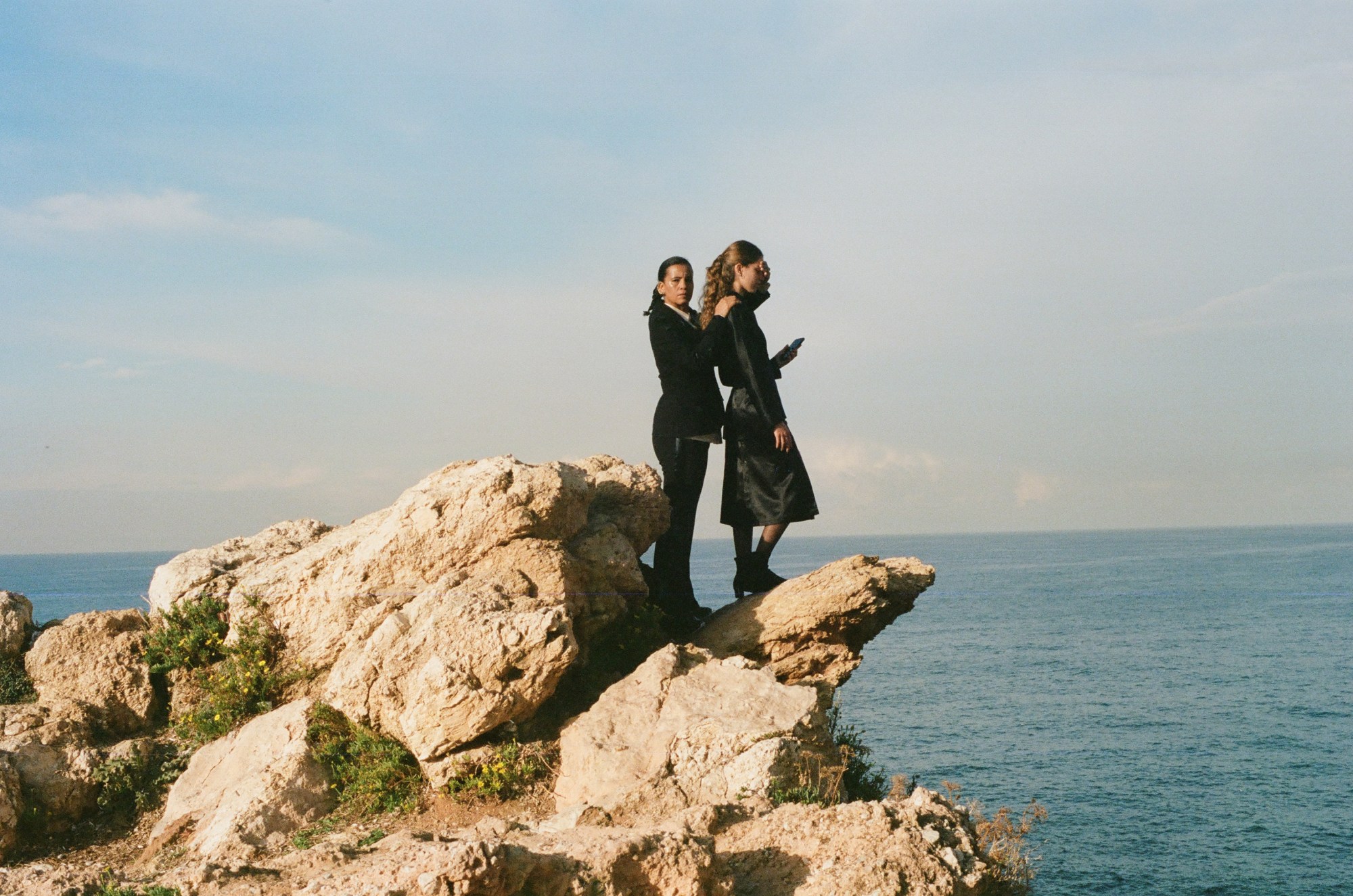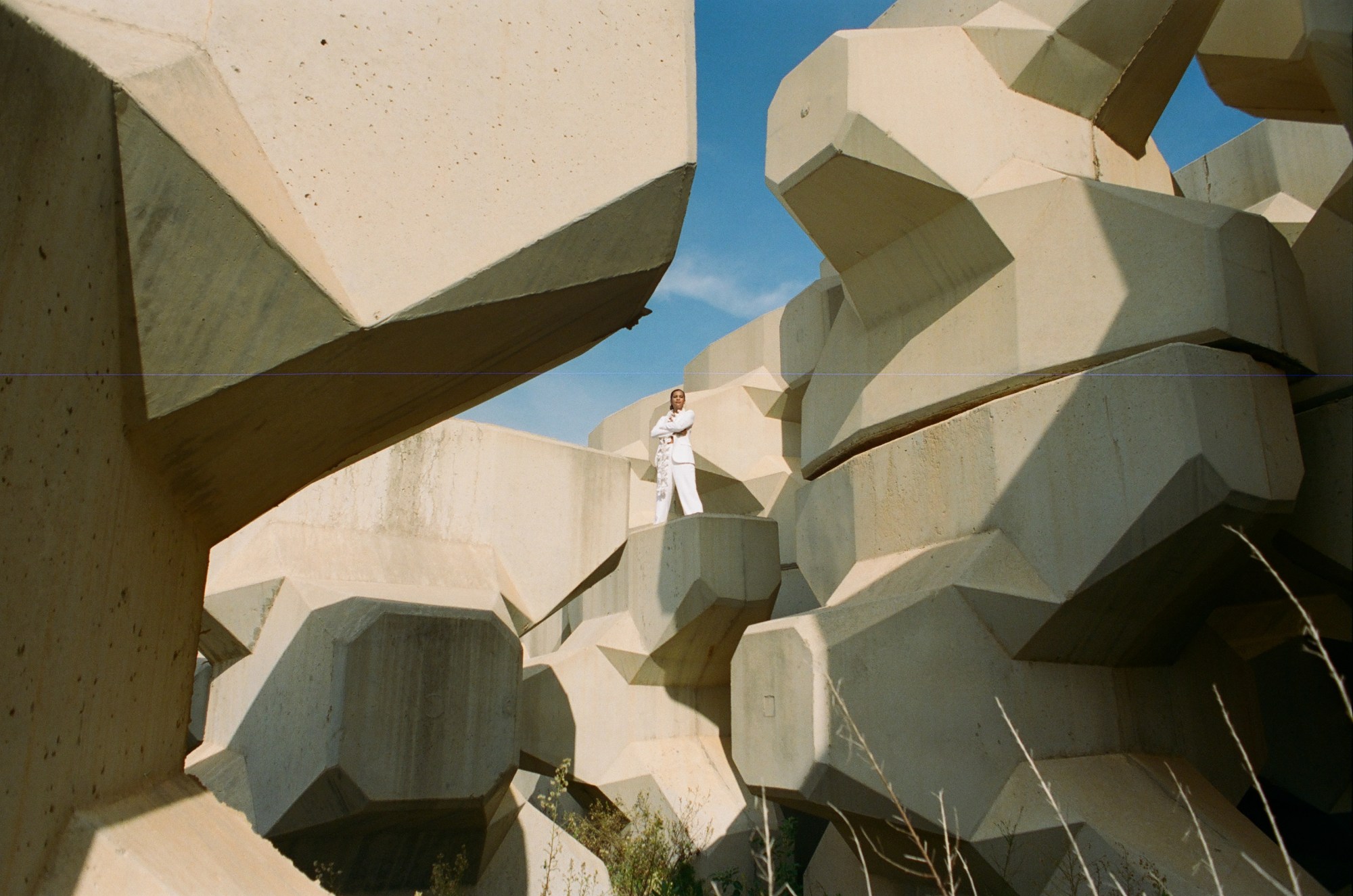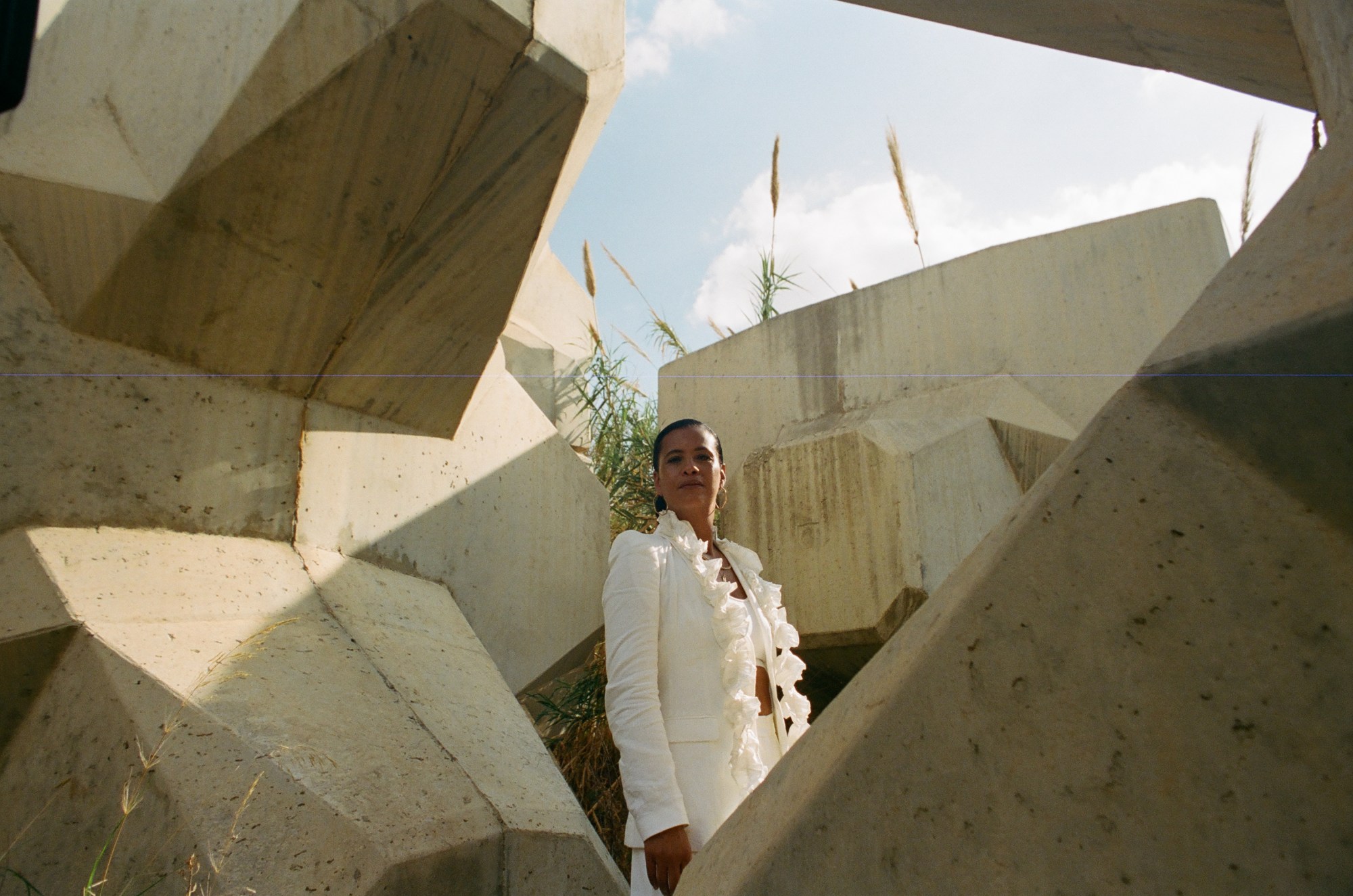Last week, Neneh Cherry bestowed upon us a stunning video to accompany her politically-engaged fifth album, Broken Politics. While previous singles from the record comment on the refugee crisis (Kong) and gun violence (Shot Gun Shack), Natural Skin Deep is a Four Tet-produced trip-hop shake-up over which Neneh lets loose on colonialism. Last week it gained a music video courtesy of talented London director and serial creator of community-centric projects, Akinola Davies Jr aka Crack Stevens.
In it, Neneh dances through Beirut as people gather around, brandishing their illuminated smart phones, through which they watch her performance. A clear projection of our relationship with materialism, is the addiction to our screens making us apathetic to the goings on around us? Quite possibly. It makes for a beautiful, thought-provoking watch. So if you haven’t already, get stuck in, then head behind the scenes as we catch up with Akinola below.
Akinola, first up, give us the video treatment in 10 words or less.
Beautiful, unsettling, critique, society, materialism, apathy, remembering to be present.
When did the concept come to you?
I’d had the concept for a while before we shot. I was really inspired by an Alonzo Crawrofd quote about the camera being a weapon. Something equally mentioned by Haile Gerima. The sheer power of their minds has really stuck with me, and [influenced how] I have been developing my relationship with how I want to use the camera and the images I try to create.
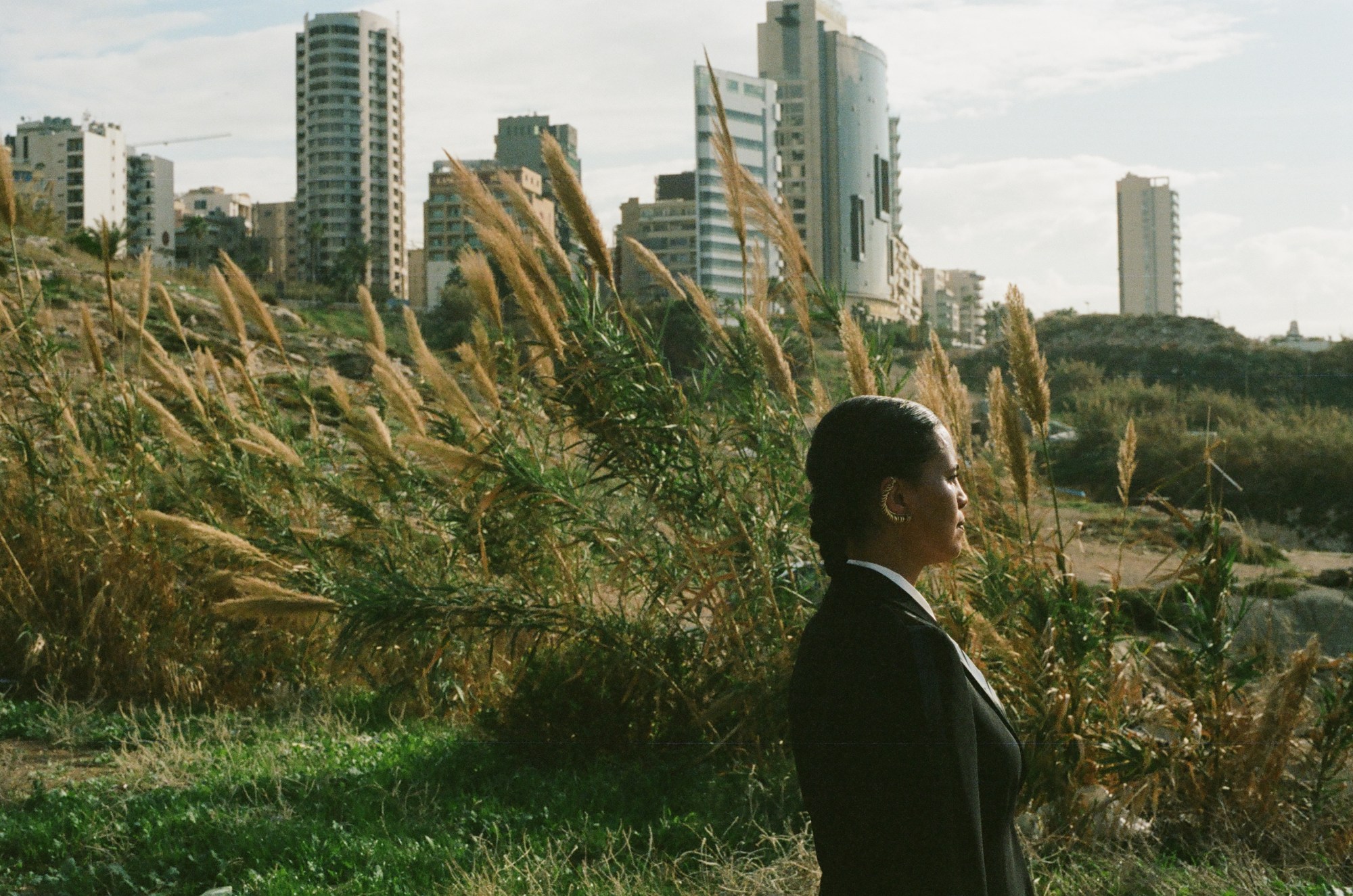
Why Beirut?
The album is called broken politics, and following on from Jenn Nkiru’s beautiful Kong video, I thought it best to try and present our wider world as opposed to filming in London against a myriad of backdrops and locations seen over and again. Neneh is this incredible global icon and I guess subconsciously putting her in that context made sense. I’d been thinking about it for a while because I really adore Rym Beydoun and have wanted to work with her for a long time. In fact, she was probably the first person I ever wrote a film for back when I really had no idea what I was doing.
And why Neneh?
I think because of who she is as a person, an artist, a mother, a grandmother and a cult figure. My sister loves her. Neneh is revered for all she represents for her generation and continually for women over the ages. Personally, it was the scariest thing I’ve done. Mainly because I’ve grown to know her over the last couple years and I feel welcomed as part of the family. I really didn’t want to let her down so I worked as hard as I could to deliver the best I could. Sometimes it’s easier to do work with people you have no connection with, so I remember sending over the treatment and being terrified that she might not like it. True to form, she was extremely supportive and enthusiastic throughout the whole process, even during a gruelling touring schedule. She is such a wonderful person — you don’t even know the half of it.
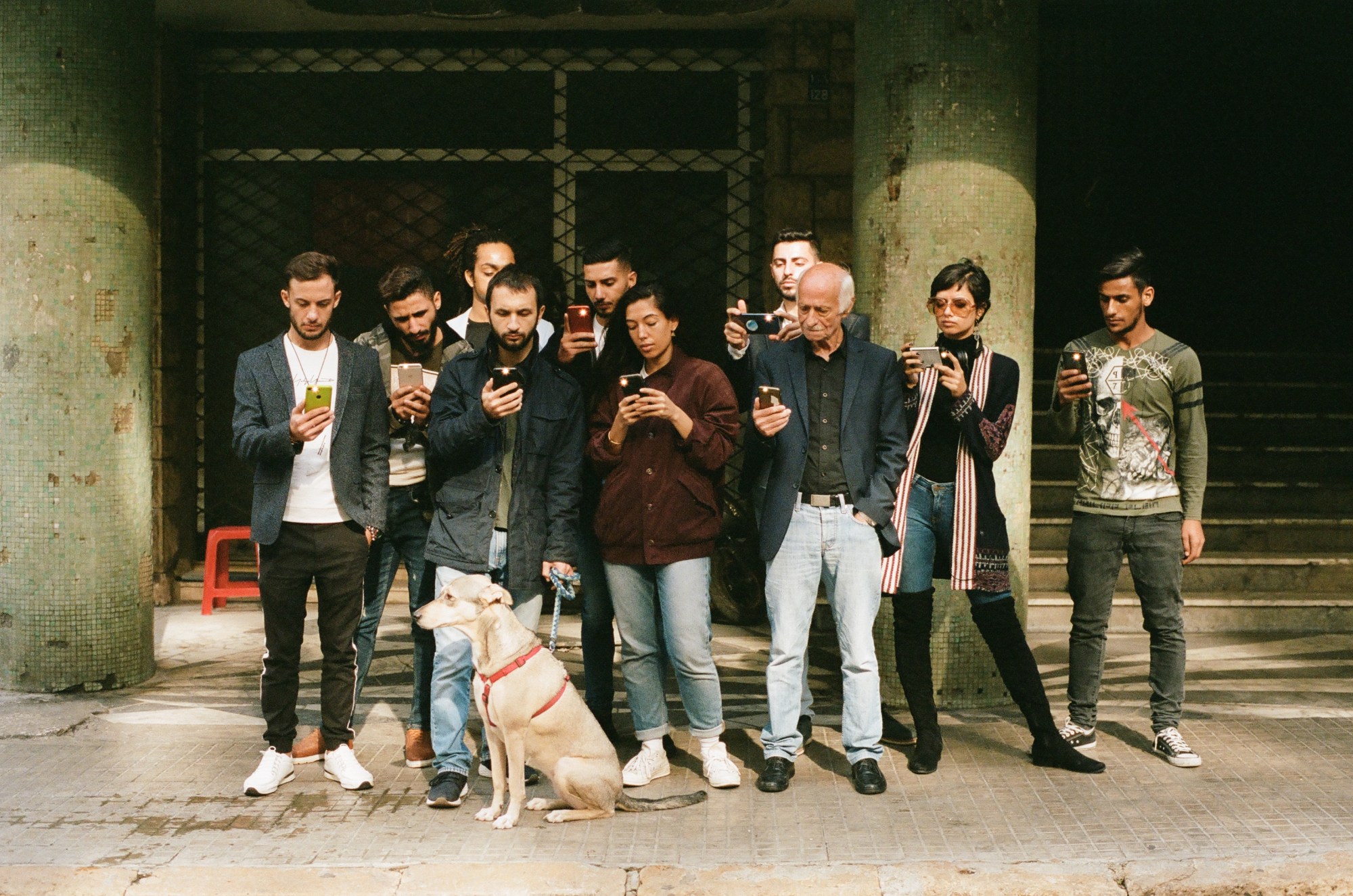
Reckon we’re all doomed to spend eternity looking at the world through our phones?
I don’t see the critique as gloomy. I think the focus is more on what we are doing with the tools at our disposal. Are we using them to remain docile and isolated? Or are we using them as instruments to galvanise, mobilise and change the world we live in. Are we using them to archive our dying cultures, or to re-invent them, empower communities and amplify voices? In the wrong hands they can be a tool to spread ignorance, stereotypical narratives and fear. Ultimately what we consume is our diet and I think it’s important to be mindful of our diets so we don’t become apathetic to what’s really happening to our local and global brothers and sisters.
As a director, you must also be guilty of viewing things through a lens?
Indeed. I’m extremely guilty and, crucially, aware that I’m complicit in the culture but equally mindful of the images I put out. Mindful of who and what is on camera and whether it’s giving a fair and broad sense of our humanity. I don’t like watching videos on my phone though. You put so much time and effort into something, that the idea that no one ever consumes it on a large screen is so underwhelming. I mean, the whole crew are artists — the cinematographer, the editor, hair, make-up, colourists spend days on trying to perfect our crafts. I think we should have music video parties where we come together and watch the fruits of our labour on big screens with good sound systems.
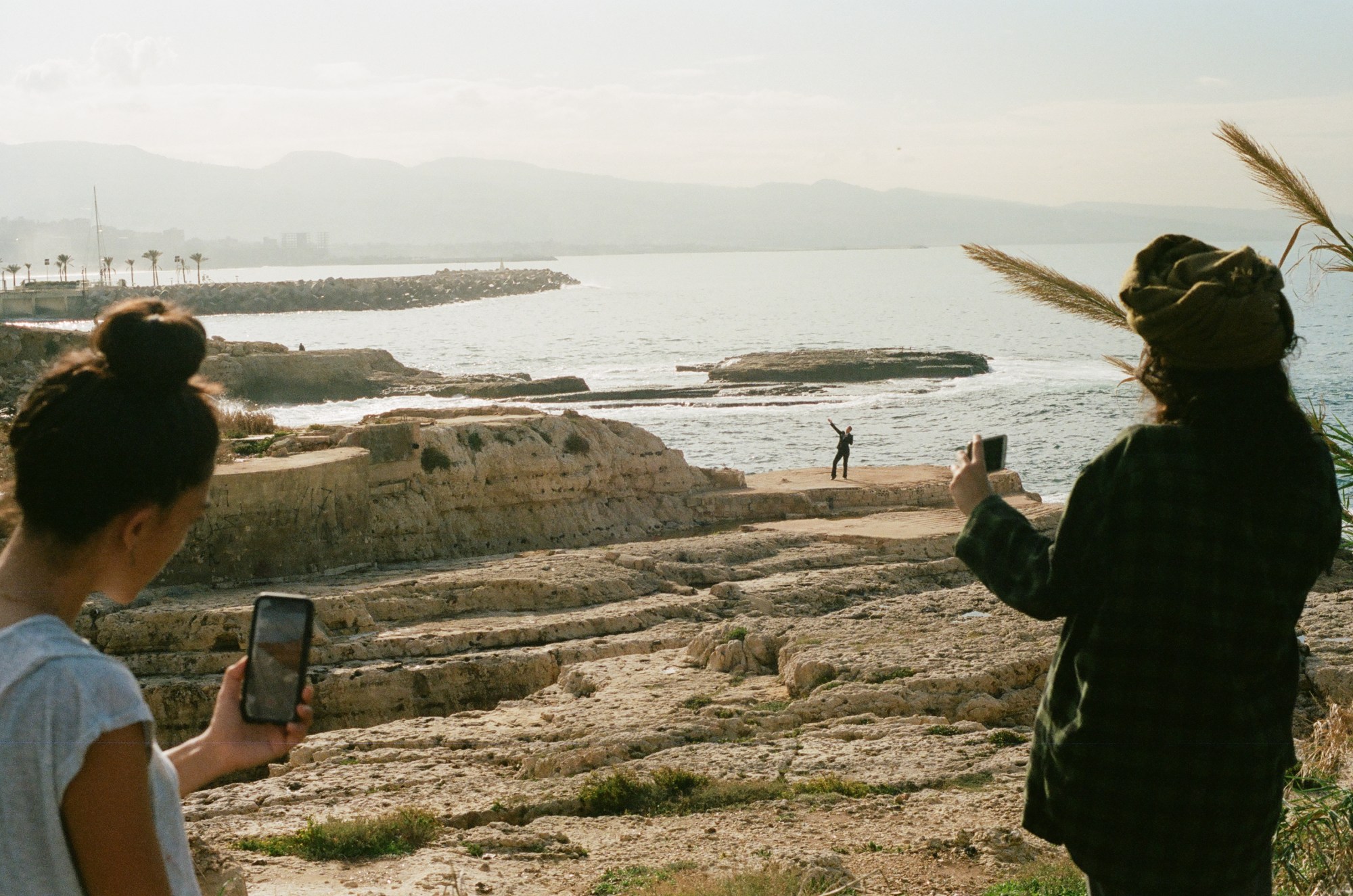
Which was your favourite location?
All the locations came with an interesting anecdote. The owner of the place used for the indoor scene was a lovely older man who loved film, so we spoke at length about what was showing in the cinema and his enthusiasm for having us there. On the seafront we managed to squeeze out a variety of sequences, so if I had to choose one I’d say the beach. It was the first shot and I was nervous as hell. Everyone had come together to execute this idea and look to me to provide the energy at 5am. That meant a lot, and as soon as I was on set I felt like I was home again.
What did the experience teach you?
That women run the best sets! That Neneh is truly loved globally and it means so much to communities to see themselves reflected and considered. Also that trust goes a long way. I was just really grateful to have a good group of people around me — committed to the ideas but more importantly, able to express themselves with the knowledge that their opinions are heard and incorporated if it benefits the idea.
